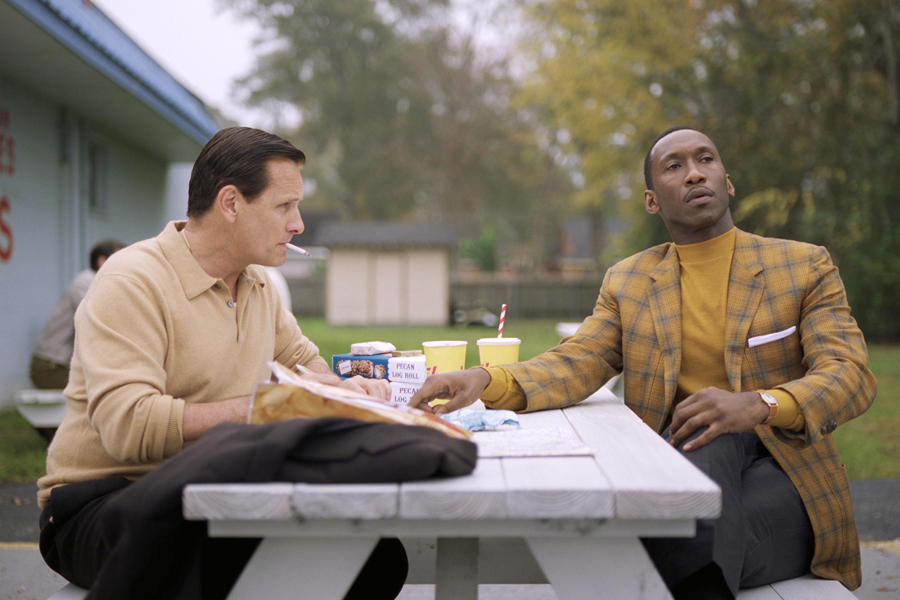“Green Book,” a critically acclaimed new film about a memorable road trip through the Deep South in the 1960s, has a postal connection.
The movie is based on a travel guide that Victor Green, a New Jersey letter carrier, began publishing in the 1930s. The publication, originally titled The Negro Motorist Green Book, listed businesses that would welcome African-American travelers.
“It helped thousands of African-Americans travel through unfamiliar cities during difficult times,” said Jenny Lynch, the Postal Service’s historian and manager of the corporate library at USPS headquarters in Washington, DC.
“Green Book,” set in 1962, tells the real-life story of an unlikely friendship that developed between Don Shirley (Mahershala Ali), a black jazz musician, and Tony Vallelonga (Viggo Mortensen), an Italian-American nightclub bouncer who used the book to chauffeur Shirley on a concert tour.
“[Green’s guide] was something that gave a lot of African-Americans a little bit of peace in traveling because they could plot their journeys [and] they knew exactly where they could stay,” Ali told ET Canada recently.
In addition to the film, Green’s travel guide has inspired a stage play and a documentary.
The movie, which received five Golden Globe nominations last week and is an early favorite in next year’s Oscar race, is bringing renewed attention to Green’s publication, as well as the role of postal employees during the civil rights era.
In addition to supplying Green with information for his guide, black postal employees broke barriers in the workplace and helped pave the way for the creation of an African-American middle class.
Said Lynch: “Many African-American postal workers were leaders in effecting positive change in their communities.”
